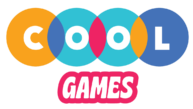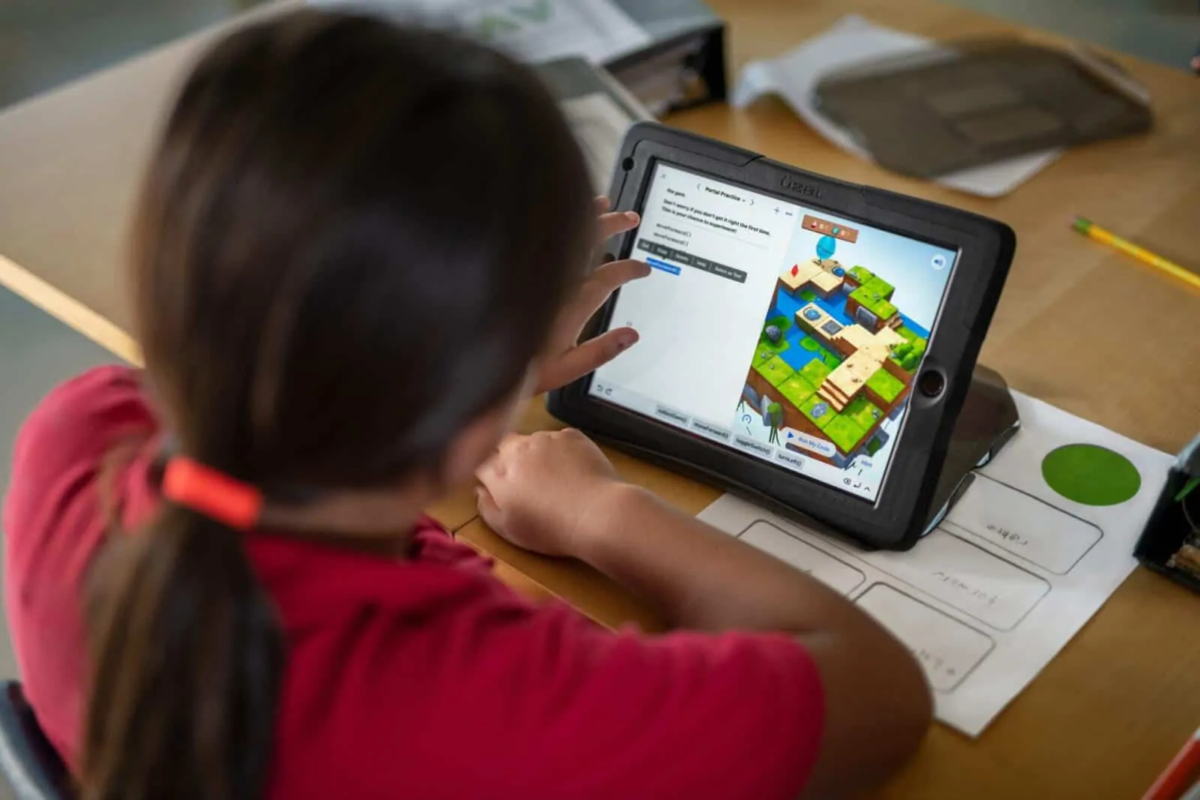Best Educational Apps for Children’s Learning
TL; DR
Discover the best educational apps for children’s learning and development which cater to various age groups. From ABCmouse for early learners to Swift Playgrounds for coders, these apps offer engaging experiences.
You can also explore language learning with Duolingo, encourage early learning with Sesame Street Alphabet Kitchen, and make math fun with Todo Math. Stack the States and DragonBox Numbers make geography and math entertaining, while YouTube Kids provides a safe platform for educational content.
These apps not only entertain but also foster a love for learning, making screen time an enriching experience for children.
Best Educational Apps for Children’s Learning and Development
In today’s digital age, educational apps have become vital for children’s learning and development. Finding the right ones can be a big task with so many options available. But worry not!
Here’s a list of the best educational apps that offer engaging experiences and nurture your child’s skills and knowledge:
1. ABCmouse
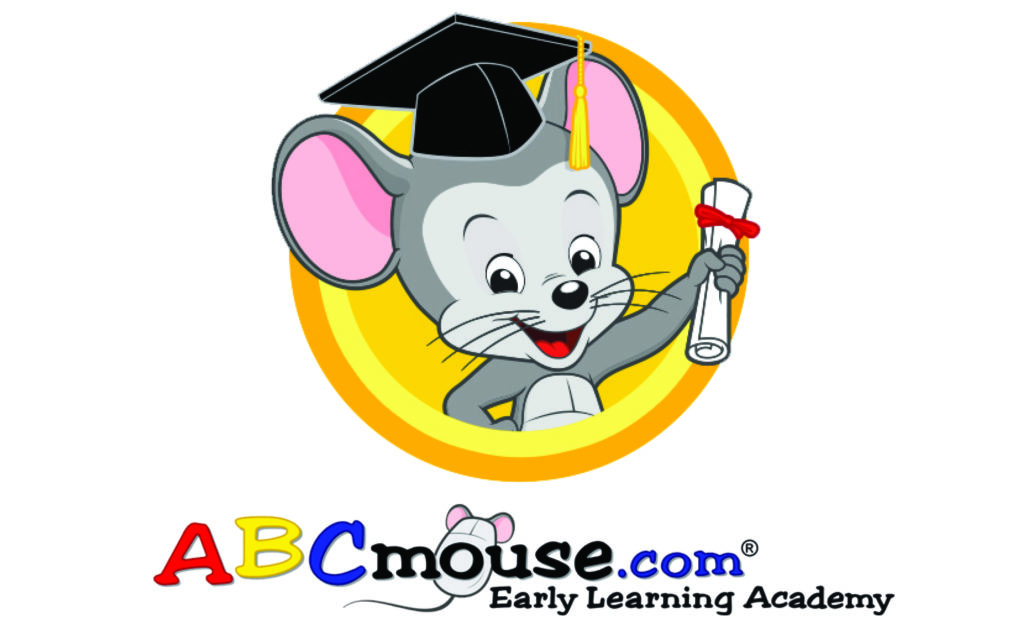
(Best for 2-8-year-olds)
ABCmouse was launched in 2010 to provide digital education for children. Currently, it has over 10,000 learning activities with 850 lessons that are available online and offline.
ABCmouse offers a comprehensive learning curriculum that covers basic reading, math, science, and art. Its interactive activities, games, and animations cater to different learning styles and skill levels and ensure a strong foundation for young learners.
Some standout features of this tool include:
- Age-appropriate curriculum
- Animations and games
- Progress-tracking feature
- 9000+ activities and lessons
This app does a great job of early learning education for children ages 2-8. It is available on a considerably low-cost subscription basis. Users may opt for a one-month free trial, then a $10/month subscription.
2. Duolingo
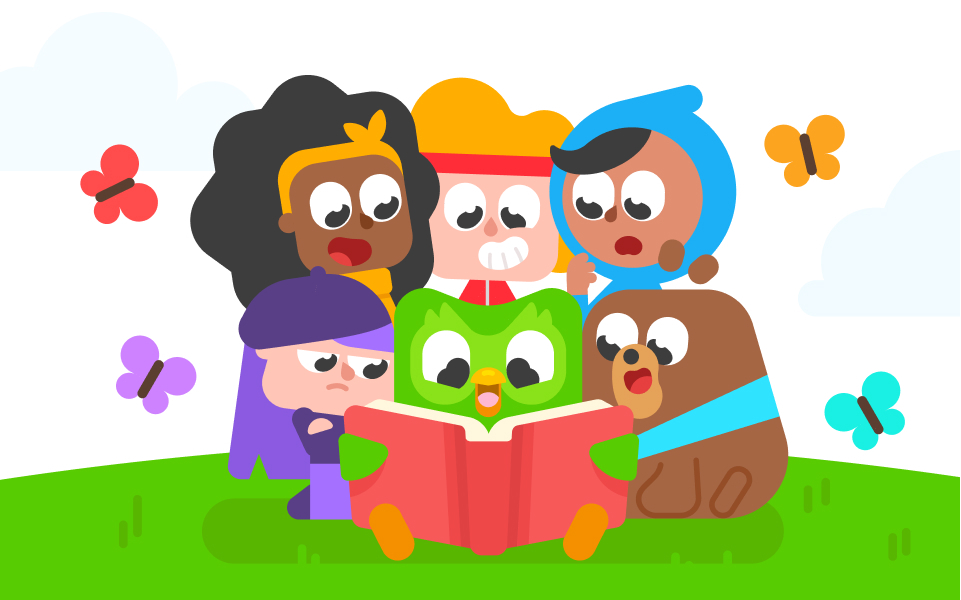
(Best for 6+ years olds)
Duolingo makes language learning fun and accessible for kids. With a wide range of languages to choose from, interactive lessons, and exercises, it helps children develop proficiency in any language. This tool is one of the best tools if you want your children to learn a new language. The app is free on iOS or Android, but it comes with an ad-free Duolingo Plus for only $6.99/month.
3. Khan Academy Kids
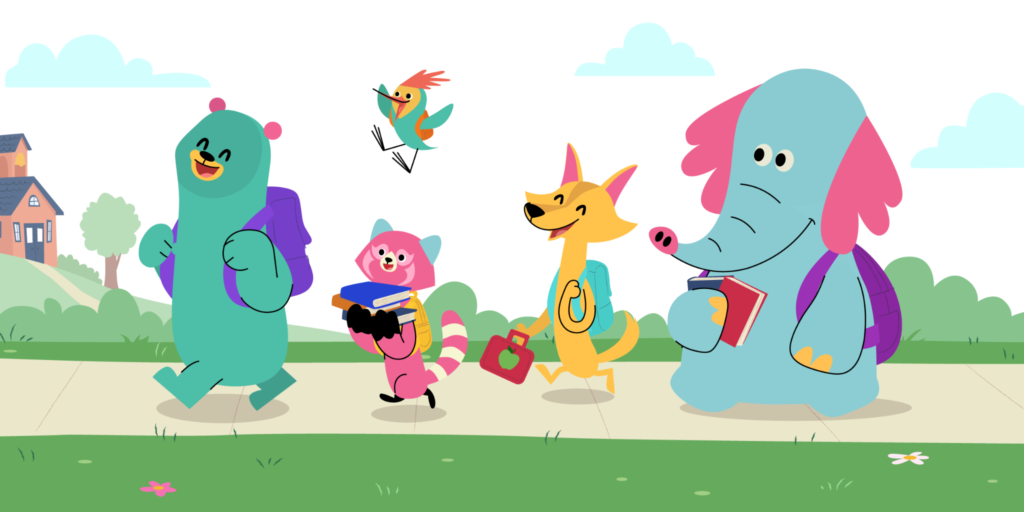
(Best for 2-7-year-olds)
Khan Academy Kids offers a vast library of activities, books, and educational games designed by experts. This educational app offers a diverse range of activities and lessons. The app encourages love for learning among children.
Some of the standout features of this app include:
- Engaging characters and stories
- Offline access
- Tracking progress
- Adaptive learning
It covers math, reading, social-emotional learning, and more, providing personalized learning experiences for young children. Plus, the best thing about Khan Academy Kids is that it is free for all.
4. YouTube Kids
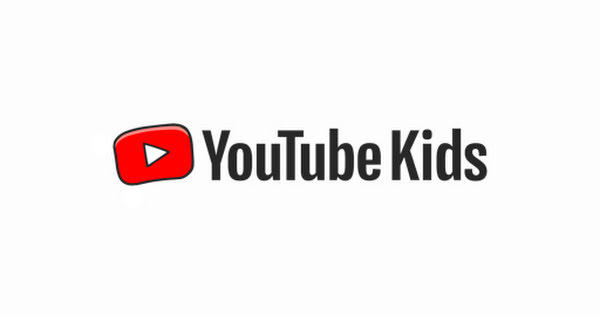
(Best for 2-12-year-olds)
YouTube Kids can be an amazing tool for children to learn new things. It can be a great app for kids aged 2-12 who are looking for good educational content. They can explore different shows, and topics and learn different skills on the go.
Parents and guardians can also set up parental controls to keep children safe on the app. The best thing is that the app is free on all devices including iPhone and Android.
5. Sesame Street Alphabet Kitchen
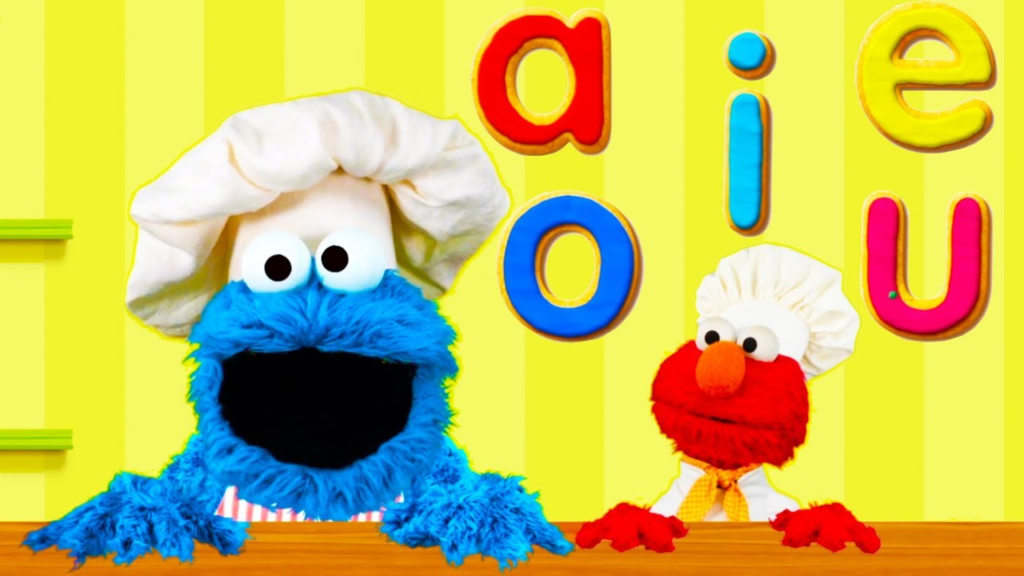
(Best for 2-5 year olds)
The Sesame Street Alphabet Kitchen app encourages early learning skills by introducing children to letters and simple words. It helps build vocabulary and literacy skills in children.
The app is colorful, and interactive, and instills a love for learning letters and sounds. You can get this app’s lite version from PlayStore or you can upgrade it with just $2.99 as a one-time purchase.
6. Toca Lab: Elements
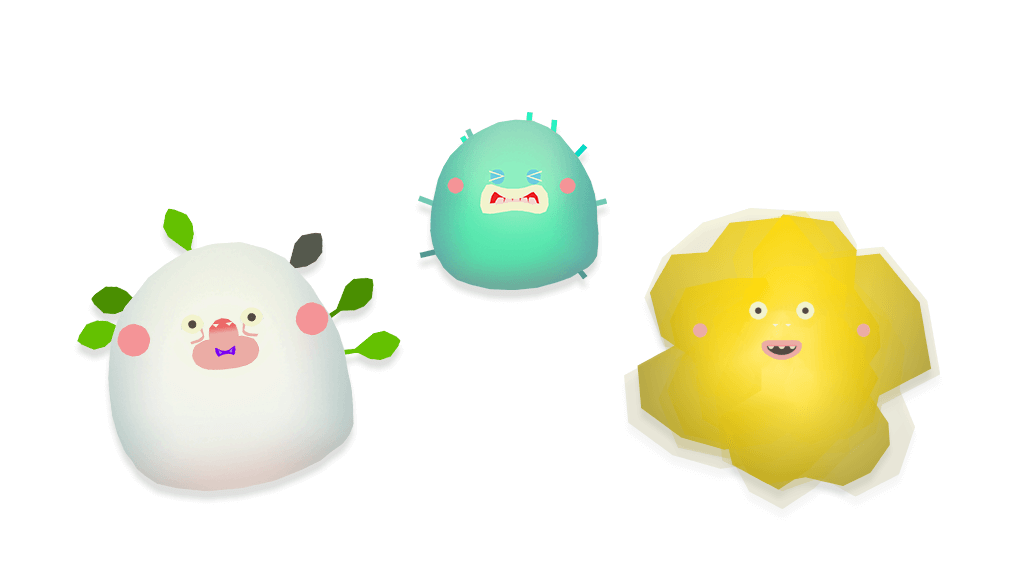
(Best for 6+ year olds)
Elements introduce kids to the world of science and chemistry creatively. This game inspires children to explore the world of science. In this game, children can easily perform different experiments with elements represented as blob characters.
Through experimentation and discovery, children learn about the periodic table and elements through engaging experiments.
7. DragonBox Numbers
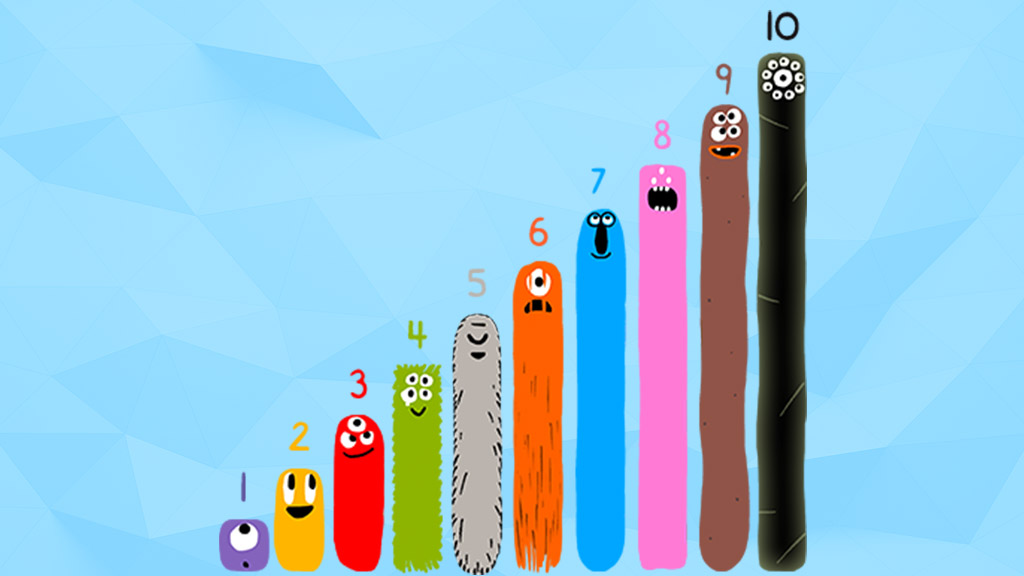
(Best for 4-8-year-olds)
DragonBox Numbers helps kids understand numbers and basic math concepts through puzzles and games. It’s a fun way to introduce fundamental math skills without pressure.
The application uses Nooms characters as a way to represent numbers from 1-10. This helps bring numbers to life and also focuses on building understanding rather than memorization.
DragonBox Numbers aims to build a strong foundation in math while ensuring a positive attitude towards learning.
8. Stack the States
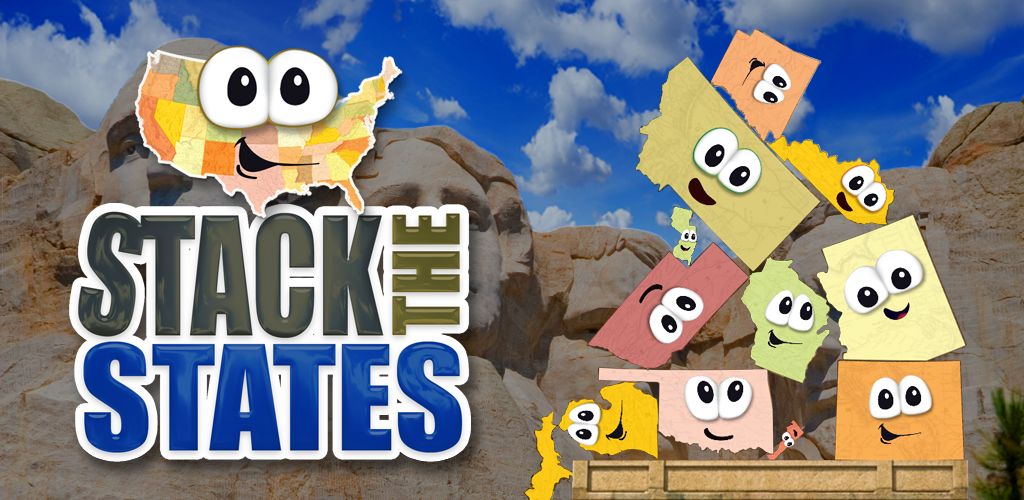
(Best for 9+ year olds)
Stack the States makes learning geography entertaining by challenging kids to stack colorful states and answer trivia questions.
The game’s dynamic and colorful interface and engaging animations make learning geography an enjoyable experience for children. By combining entertainment with education, the application aims to enhance players’ knowledge of geography in an interactive way.
The app combines knowledge with fun to give your kids the best interactive experience. This helps make even “dry” topics interesting and entertaining.
9. Swift Playgrounds
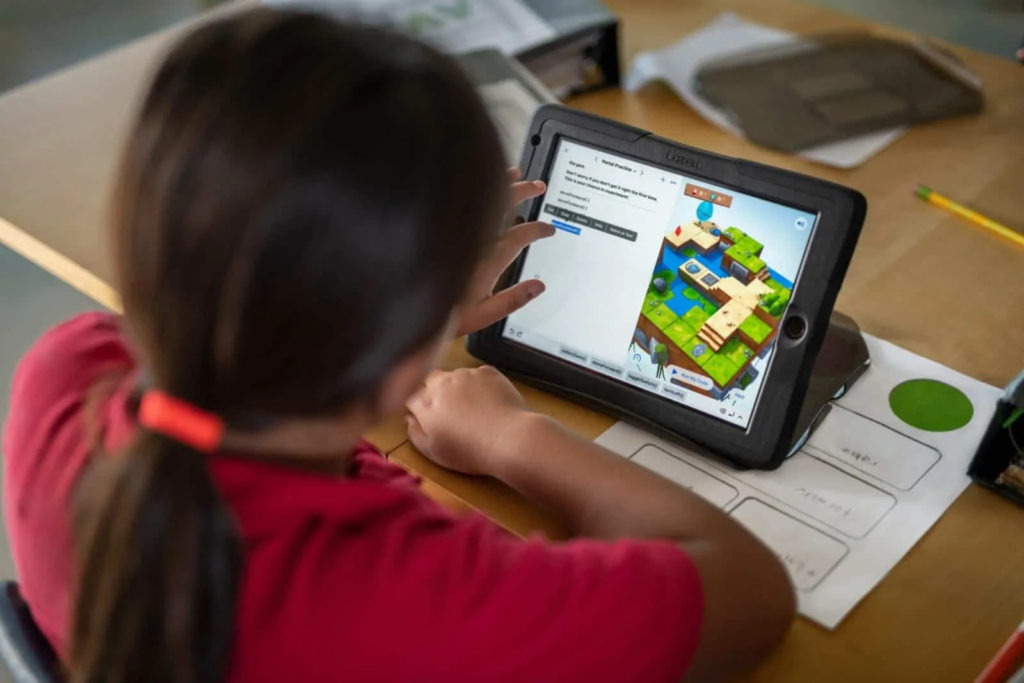
(Best for 8+ year olds)
Developed by Apple, Swift Playgrounds introduces children to coding in a playful environment. It teaches coding concepts using Swift which is Apple’s programming language with the help of interactive puzzles and challenges.
Swift Playgrounds is designed to be user-friendly, even for those with little to no programming experience. The app empowers children to navigate the digital world with confidence and helps prepare them for future careers in tech.
10. Todo Math
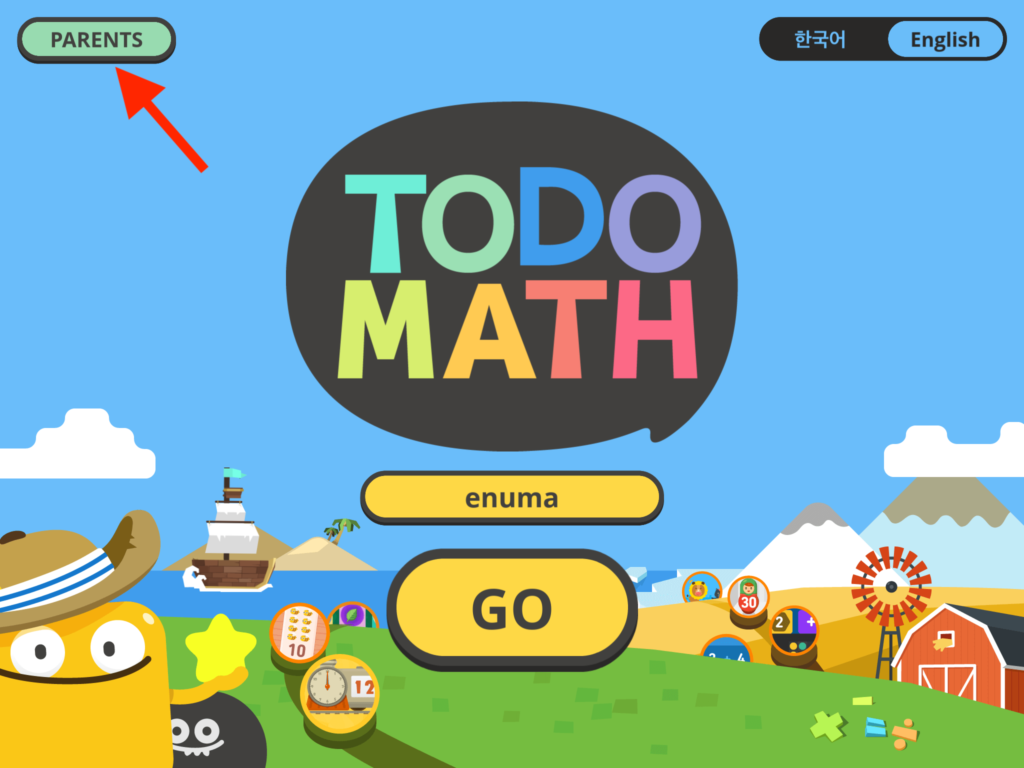
(Best for 3-8-year-olds)
Todo Math covers a wide range of math concepts with games and activities that are designed to match each child’s skill level. It’s a versatile app for building foundational math skills in children.
The application makes learning enjoyable for young users, which ensures a positive attitude towards math. Parents and educators can track a child’s progress, and the offline accessibility ensures flexibility in learning.
Overall, it is a comprehensive and interactive platform that makes early math education accessible and entertaining for children.
Final Thoughts
These apps are not just sources of entertainment; they’re tools that can improve your child’s learning journey. By incorporating these educational apps into your child’s routine, not only you can keep them entertained but also give them a head start.
